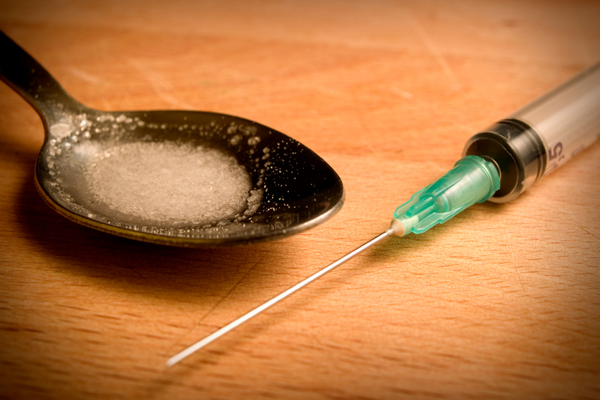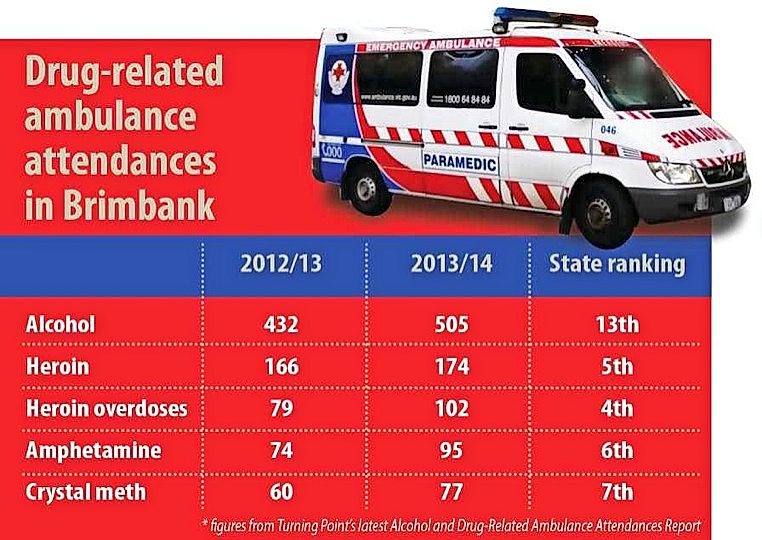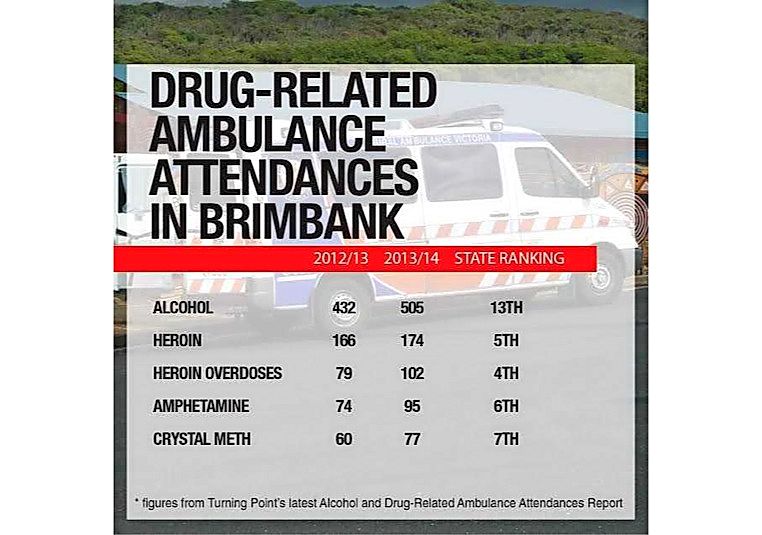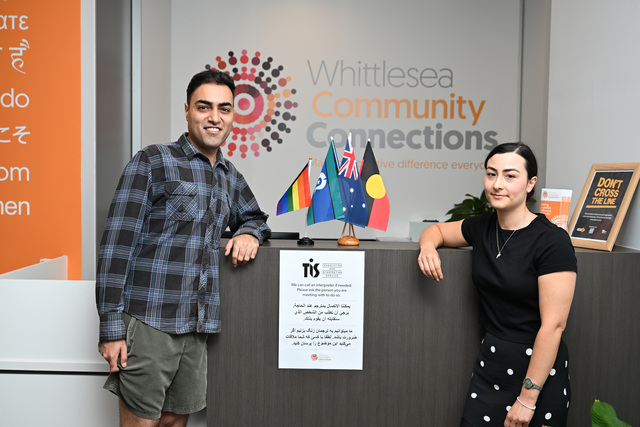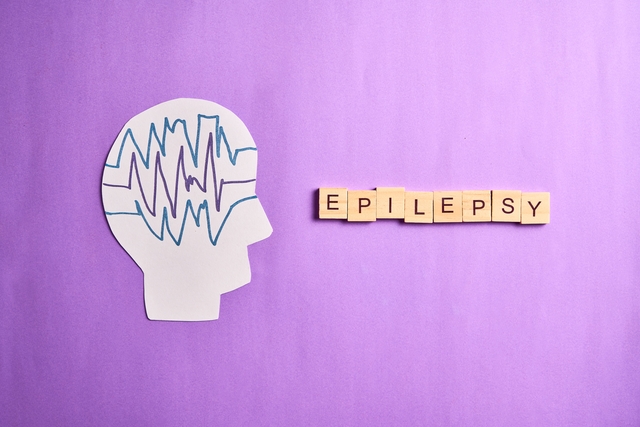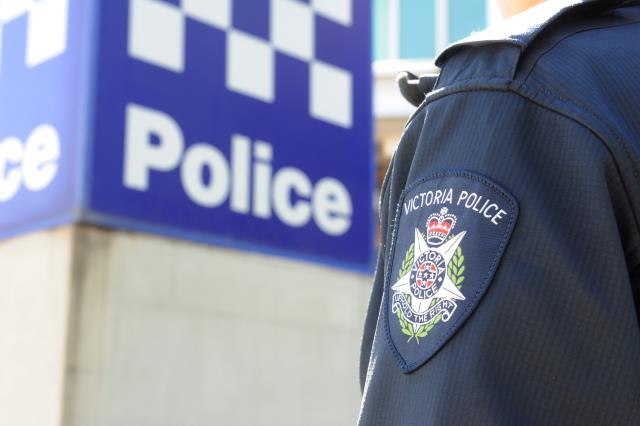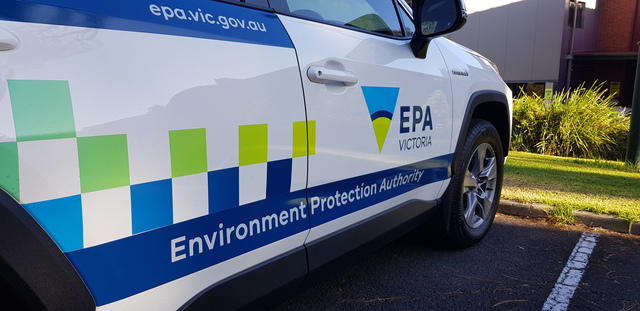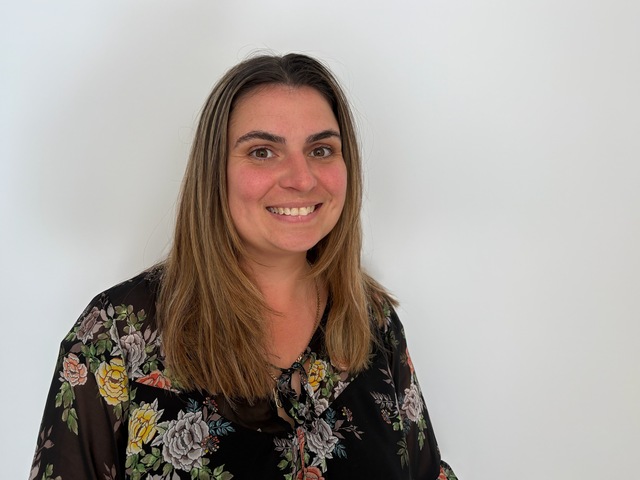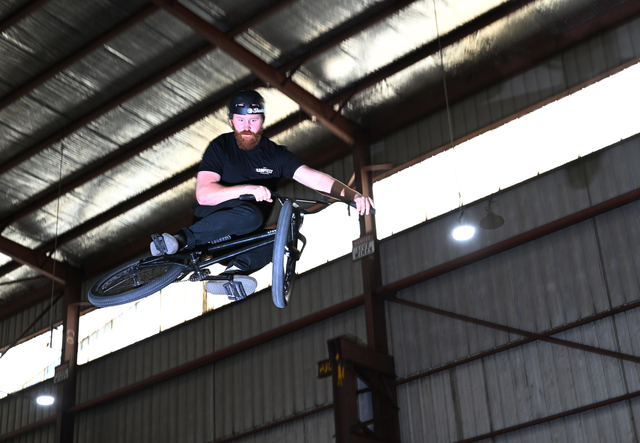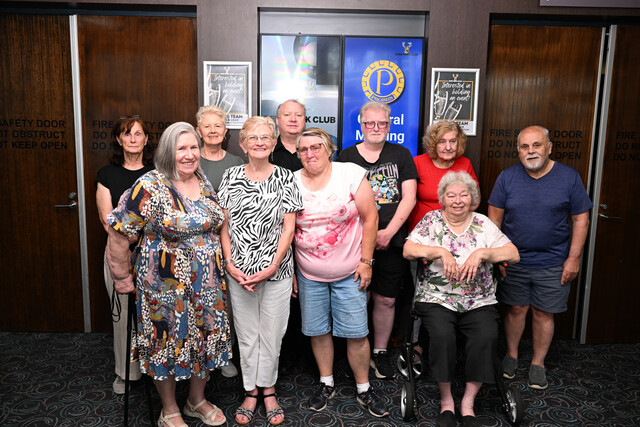Ambulance call-outs to heroin overdoses increased by more than 25 per cent in a year in Brimbank, but alcohol is still the biggest cause of ambulance call-outs across the region.
Brimbank had the second-highest number of overdoses in Victoria in 2013-14, with Turning Point’s latest Alcohol and Drug-Related Ambulance Attendances report recording a rise from 79 to 102 cases.
Heroin-related call-outs climbed overall from 166 to 174 in the year to June 30, 2014, while Brimbank also landed among the state’s ‘top 10’ for call-out cases relating to antipsychotic (eighth), cocaine (seventh), amphetamine (sixth) and crystal methamphetamine (sixth) overdoses.
Brimbank paramedic Morgan McCarthy said she was not surprised by the figures, citing St Albans and Sunshine as the suburbs with the most drug-related emergencies.
“Certainly, St Albans is the one that stands out for me; and some parts of Sunshine, Sunshine West,” she said. “There’s been quite a lot of heroin [call-outs] and a lot of ice … an increasing number of mental health problems are related to drug abuse. Someone might have used ice a few days ago and are still feeling agitated, or showing signs of paranoia.”
Ms McCarthy said stronger batches of heroin could have underpinned the increase in overdoses.
“It’s not a controlled substance, like ice. You don’t know how pure it is or if it’s diluted or cut down, so they don’t have any control over how much they’re taking.
“We’re getting an increasing number of call-outs for drug-related incidents. Ice is on the rise; it’s getting to phenomenal levels in the country and the city.”
There was a 16.8 per cent increase in alcohol- related attendances, rising in the year to June 30, 2014 from 432 incidents to 505.
Turning Point spokeswoman Dr Belinda Lloyd said Brimbank had recorded higher rates of heroin-related attendances for a number of years.
“It really needs to be monitored at a local, community level,” she said.
Associate Professor Lloyd pointed out an increase across metropolitan Melbourne in call-outs for anti-psychotic drugs episodes, while anti-depressant call-outs dropped in Brimbank from 54 to 46.
“I think there’s a lack of knowledge about the big risks around the misuse of pharmaceutical drugs used outside the direction of a doctor, or the medication itself, or when it is used with alcohol,” Associate Professor Lloyd said.

